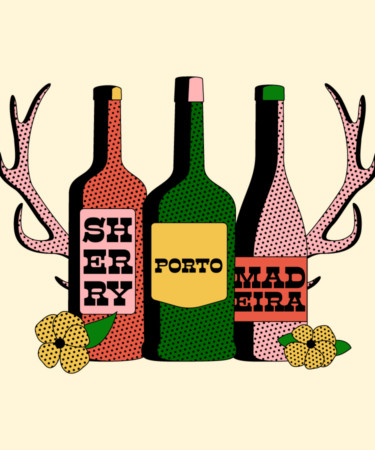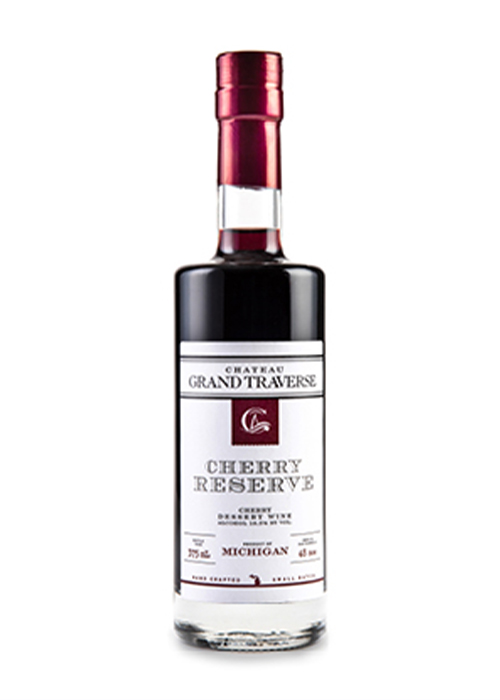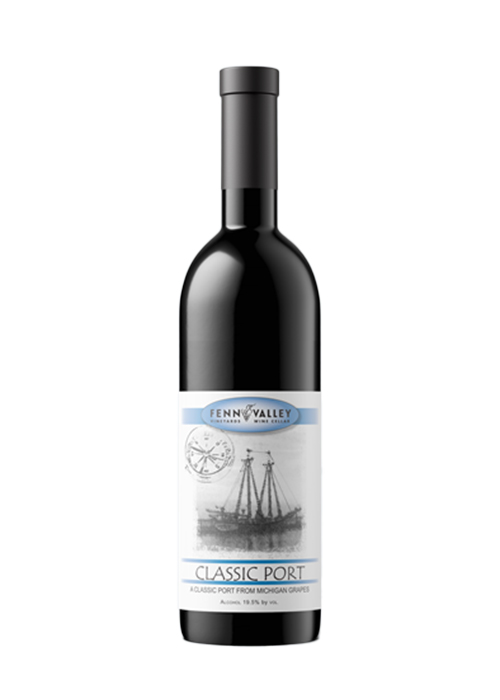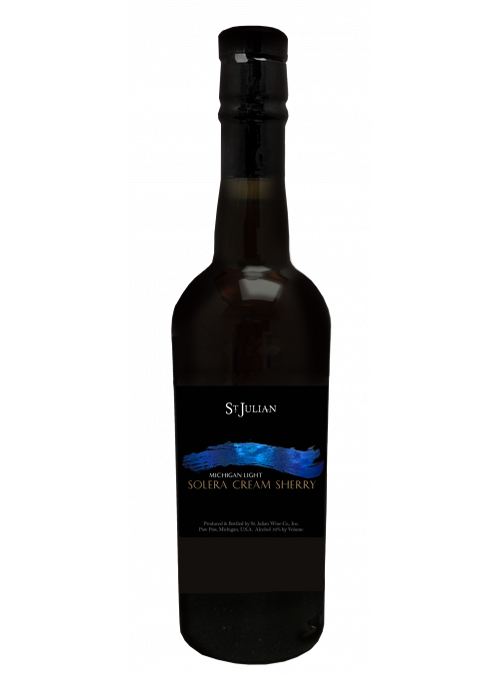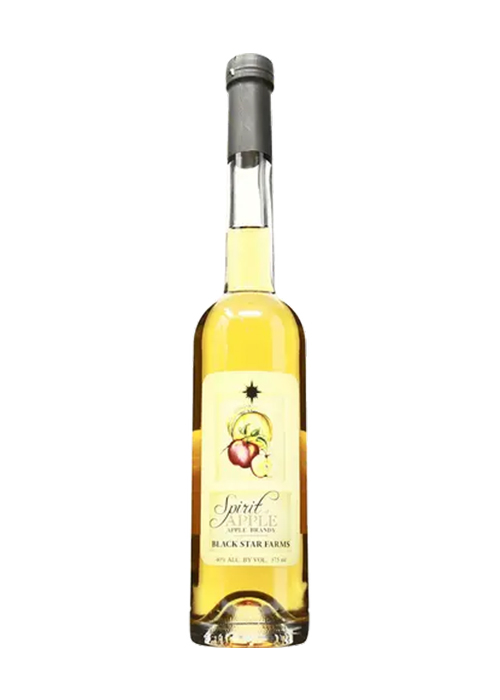Michigan, a state known as the car capital of the world, has in recent years focused on promoting itself as an up-and-coming American wine region. Michigan Wine Collaborative, a non-profit organization focused on pushing Michigan wines forward, produced its inaugural Judgment of Michigan in 2021 — a Michigan-only wine competition to promote the state’s wines.
And the state’s winemakers are stepping up to the plate. While Michigan has in the past been primarily known for its sweet wines, viticulturalists from the Great Lakes State have branched out and explored diverse styles of wine.
One area where Michigan is thriving is in fortified wines. These wines, to which spirits are added during the fermentation process, are higher in alcohol and residual sugar — thus resulting in sweeter, boozier expressions. And as demand for these wines is expected to grow significantly over the next few years, increased production of fortified wines could spell growth for the Michigan wine industry as a whole.
That’s because, as global temperatures continue to rise and snow cover decreases in Michigan and other cool-climate regions, there is a growing concern among winemakers about decreased annual yields. Last year alone, the growing season experienced a cold snap that lasted five days, leading to a decrease in production volume for the area’s wineries. Hence, a focus on fortified wines — which, due to their high alcohol levels, can handle exposure to extreme temperatures — may just save the Michigan wine industry.
Emily Dockery, executive director of the Michigan Wine Collaborative, believes fortified wines are allowing Michigan winemakers a sense of security during this uncertain time. “I think it’s a great insurance policy in case we get a crazy weather event or something’s gone wrong with the harvest,” she says.
Fortified wine styles vary across the state. There is the traditional oloroso sherry style which Lake Leelanau-based winery Laurentide is making. Chateau Grand Traverse is making port, and in Paw Paw, St. Julian Winery & Distillery has been making Solera Cream Sherry since 1973 — and won Double Gold at the Judgment of Michigan in 2021. Plus, brandies are becoming more popular across the country, and many are available in the tasting rooms of Michigan wineries, such as Black Star Farms, Ciccone Vineyards, and Chateau Fontaine.
Currently, Dockery says, over 25 Michigan wineries produce fortified wines — and she hopes more winemakers will consider adding fortified wines to their production. “I would like to see more wineries exploring distilling and fortified wines because I think there’s so much opportunity, and there’s so much we haven’t done yet,” she says. If Michigan winemakers continue to create and innovate in the space, the state’s up-and-coming wine industry may just stand the test of time.
4 Michigan Fortified Wines to Try
Chateau Grand Traverse Cherry Port Reserve ($20)
Cherries are the second most planted fruit in Michigan, so it makes sense that the state’s winemakers are putting it to use. The port is sweet without being a sugar bomb and medium- to light-bodied. It pairs well with blue cheese, like Roquefort or Stilton.
Fenn Valley Vineyards Classic Port ($18)
This classic port-style wine is made from three Michigan hybrid grapes: Chancellor, Chambourcin, and Frontenac. This fortified wine is full-bodied with a sweetness that isn’t cloying and pairs well with festive desserts like pecan or pumpkin pie.
St. Julian’s Solera Cream Sherry ($14)
This velvety sherry won a Double Gold award at the recent judgment of Michigan. It’s creamy, rich, and perfect as a before- or after-dinner beverage.
Black Star Farms Apple Brandy ($22)
The most planted fruit variety in Michigan makes a delicious apple brandy. It is layered and textured and pairs well with everything from cheese to vanilla ice cream.
